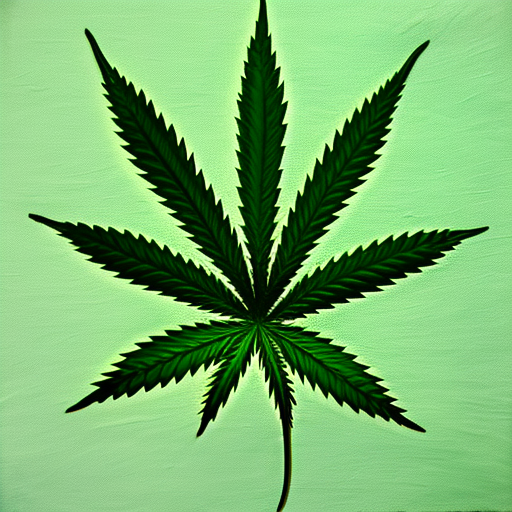
A recent study, published in the JAMA Network Open, has indicated that when THC is combined with CBD in edibles, they produce significantly stronger subjective drug effects and more impairment of cognitive and psychomotor ability than when either is taken alone. This finding supports the ‘entourage’ or ‘ensemble’ effect proposed by Harvard Professor Dr. Lester Grinspoon, among others, which suggests that when cannabinoids are consumed together, their effects are greater than the sum of their individual parts.
The study was conducted at the Behavioral Pharmacology Research Unit at Johns Hopkins Bayview Medical Center in Baltimore between January 2021 and March 2022. 18 adults took part in three separate sessions where they ate an infused brownie; 11 male and 7 female participants were included in the study. For each session, participants ate a brownie containing either 20 mg of THC, 20 mg of THC and 640 mg of CBD, or no THC or CBD as a placebo. Participants were given a drug cocktail consisting of five cytochrome (CYP) probe drugs: 100 mg caffeine, 25 mg losartan, 20 mg omeprazole, 30 mg dextromethorphan and 2 mg midazolam 30 minutes after eating the brownie. Blood samples were collected before each session along with vital signs, as well as cognitive and psychomotor performance tests. Urine samples were taken at timed intervals for 12 hours after consumption and again 24 hours afterwards to allow for comparison.
The Drug Effect Questionnaire (DEQ) was also used to measure self-reported effects from 0 to 100; 0 being “not at all affected” and 100 being “extremely affected”. During these sessions, it was noted that the maximum amount of THC measured in participants’ blood samples was almost twice as high after consuming a brownie containing a CBD-dominant extract (with 640 mg of CBD) than after eating a brownie with only THC; even though the dose of THC contained in each brownie was still identical (20mg). Furthermore, higher overall drug effects were reported when taking a high oral dose of CBD.
This research is counter to previous findings presented by Neuropsychology in November 2022 which suggested that CBD does not reduce adverse effects from THC consumption; however researchers have acknowledged that further studies are required to better understand the impact of varying doses of both cannabinoids. It should be noted that this study was limited by its small sample size and further work is necessary to determine whether these findings can be reproduced on larger groups to ensure accuracy.
The results of this study add further evidence to the entourage effect hypothesis proposed by Dr Grinspoon and suggest that combination use of cannabinoids produce greater effects than when consumed individually. As this study has been conducted using edibles as opposed to other delivery methods it also indicates that how cannabinoids are administered may play an important role in how they interact with one another and influence their effects on the user. It will be interesting to see how future research develops our understanding further with regards to cannabinoid interactions and their subsequent effects on users; along with exploring how administration method affects these results.

